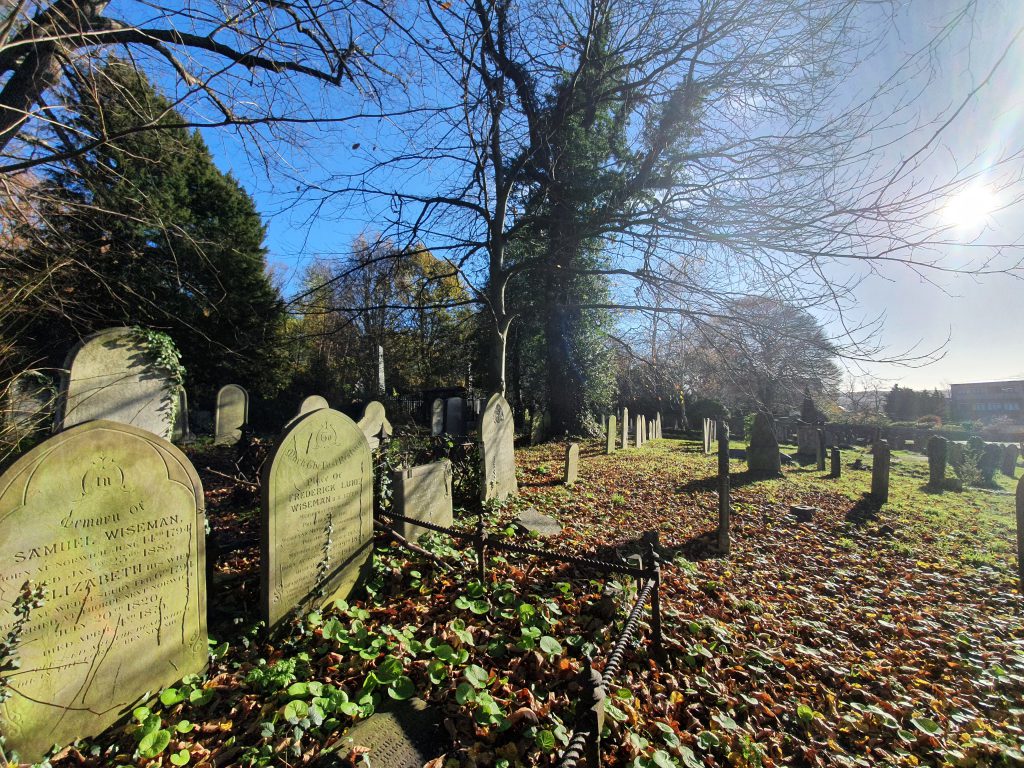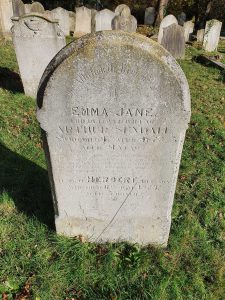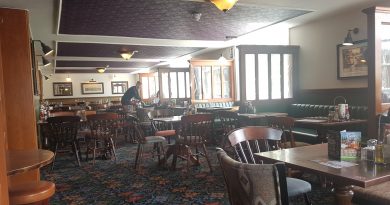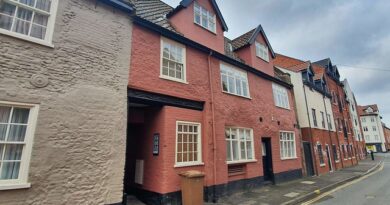Norwich – Rosary Cemetery (Emma Jane Sendall + Herbert Sendall)
Since I’ve been grounded again by the Government, I thought I’d meander around the Rosary Cemetery located near to me in Norwich, in an attempt to see what stories lie there. It might not be the most fascinating blog content, but it’ll keep me quiet for a few weeks….
This grave tells a story immediately, the death of a mother aged just 21, with her baby dying shortly afterwards at just a few months old. It commemorates the life of Emma Jane Sendall, born as Emma Abel and baptised on 27 July 1851. She was the daughter of James and Martha Abel of the Cranworth with Letton parish and she had a sister.
At the age of 9, she was listed on the 1861 census as living at Gressenhall, as a pauper in a workhouse. She was with her father and sister, with her father being an agricultural labourer. That children were living in workhouses was ridiculous, but she was there just too early, as it wasn’t until the late 1860s that Thomas Barnardo started to open homes for impoverished children to live.
This couldn’t have been a pleasant life for Emma Jane, but by the time of the 1871 census, she was living at Hammond’s Yard with her grandparents and sister, back in Cranworth, near to Mitford.
In the late 1860s, a man called James Sendell married a local lady in Mitford, and I wonder whether Emma Jane somehow met his brother at that time, Arthur Sendall (born in around 1847). She married him in 1872 and perhaps this was looking like a new start for Emma Jane, something a little more positive. She had a child with Arthur in early 1873, named Herbert Sendall. Unfortunately, Emma Jane died in April 1873 and her only child died on 11 June 1873, with both being buried in the same grave.
It’s perhaps possible to think of Arthur standing by this grave, mourning the loss of his wife, with perhaps their child also present. And then Arthur would have been back just weeks later, to bury their child. There was never much chance of any information being available about Emma Jane given that she spent much of her life as a pauper. And she would have likely remained anonymous, had it not been for her marrying Arthur, who seemed to have had at least a little money so that he could pay for a gravestone.





